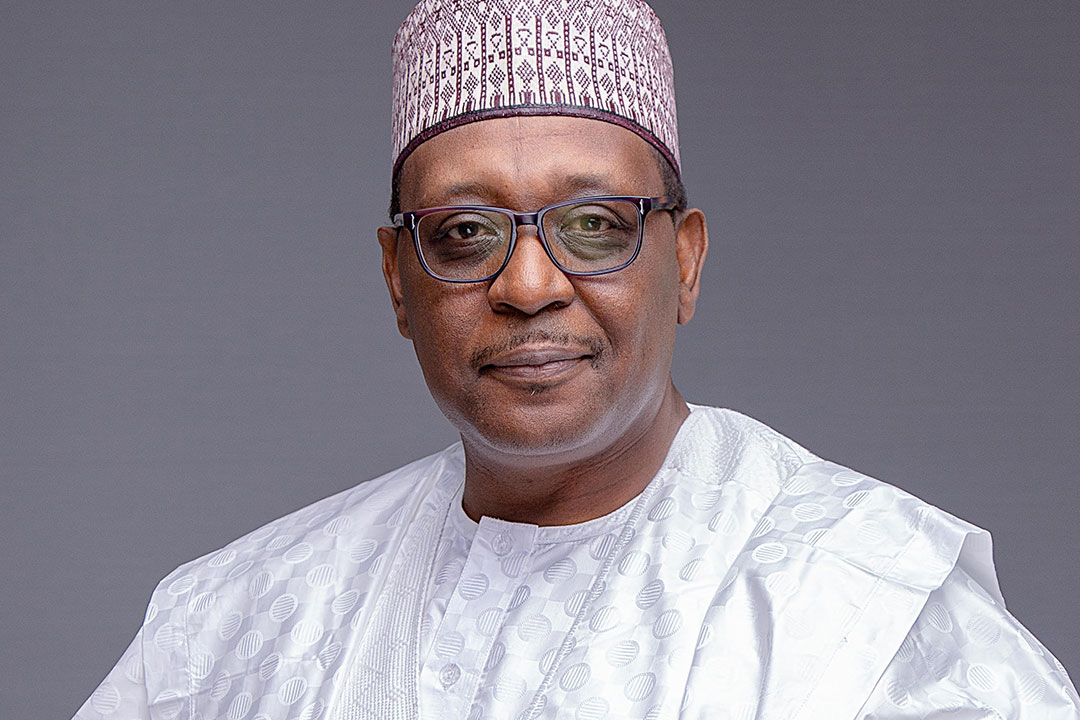
The minister disclosed this at the Northern Traditional Leaders’ Committee on Primary Health Care Service Delivery quarterly review meeting on Wednesday in Abuja.
The meeting was organised by the National Primary Health Care Development Agency.
The News Agency of Nigeria reports that the NTLC meeting is a platform for the NPHCDA and its partners to engage traditional leaders on their roles and responsibilities towards improving primary healthcare delivery in their communities.
The minister called for the implementation of a rapid vaccination campaign.
He said that the 19 states must come together to save the lives of vulnerable children.
Pate said that the ministry and other stakeholders had come together to aggressively tackle the diphtheria challenge that had persisted for months.
He said that efforts were being made to ensure that the challenge would not linger.
“The key focus of these collaborative efforts is to improve local governance and enhance delivery of essential services.
“This involves including all relevant stakeholders in the conversation, not just the Federal Government.
“Leaders at all levels, including your highnesses and representatives from the private sector, are actively working together to address the pressing diphtheria issue that affects our people,” he said.
The minister said that a major milestone was the upcoming launch of the Human Papillomavirus vaccine in Nigeria later in October.
“This vaccine not only aims to prevent cervical cancer in the years to come but also emphasises the importance of engaging our royal fathers and strengthening the health system to ensure efficient delivery of vaccines.
“It acknowledges that different population segments require different approaches with childhood vaccination programmes catering for younger age groups, and COVID-19 vaccinations targeting adults,” he said.
He said that technical experts involved in the efforts had reassured the country of the safety and effectiveness of the HPV vaccine.
“Their expertise and responses to various questions have instilled confidence in recommending its utilisation to protect our girls and prevent future health complications,” he said.
He said that the collaborative approach taken by state governments and other stakeholders set an example not only within the sub-region but also for all in the wider space.
“The unity and evidence-based decision-making exhibited by all members involved in this venture highlight the commitment to address health challenges and protect the well-being of all Nigerians.
“This united front signifies a significant step forward in addressing the ongoing health challenge and paves the way for a more coordinated and effective response.
“With the combined efforts of state governments, other stakeholders and technical experts, there is optimism that this collaborative approach will yield positive outcomes and bring about much-needed solutions to improve public health,” he said.
He expressed gratitude to traditional leaders across the country for longstanding support of public health initiatives.
Pate praised their unwavering commitment to the well-being of the people and credited them with the successful fight against wild poliovirus in Nigeria.
He said that Nigeria’s remarkable progress in polio eradication had far-reaching implications.
“The fact that we don’t have children paralysed by wild poliovirus now is thanks to your leadership and the commitment of more than 100,000 traditional leaders,” he said.
The Sultan of Sokoto and President-General, Nigerian Supreme Council for Islamic Affairs, Muhammad Sa’ad Abubakar III, appealed to Nigerians to live in peace for the unity of the country.
“I am calling on all Nigerians to imbibe and embrace the culture and spirit of living in peace irrespective of tribal or regional differences,” he said.
Abubakar also called on the world to pray for Palestinians.
He said that the world needed to live in peace with a common goal of purposeful development.
The Chairman of NTLC, Alhaji Sama’ila Muhammad Mera, said that the meeting was significant as it provided an opportunity to assess progress, identify areas for improvement, and chart a course for the future.
“The healthcare sector faces complex challenges, but with collective efforts and strategic partnerships, it is believed that these challenges can be overcome, leading to a healthier and more prosperous nation.
“The NPHCDA management and partners have been instrumental in supporting and executing numerous vaccination-related activities during this period, including three major consultation meetings in Sokoto, Zamfara, and Kaduna states,” he said.
Mera said that the discussions and deliberations of the meeting were expected to be fruitful and result in concrete actions that would further enhance the delivery of services by primary health centres in the northern region.
“It is a chance to share experiences, exchange knowledge, and develop innovative solutions that will have a lasting impact on the health and well-being of the people,” he said.
He called for commitment to improving healthcare services, recognition of challenges, and determination to find solutions through collaboration and strategic planning.
NAN





